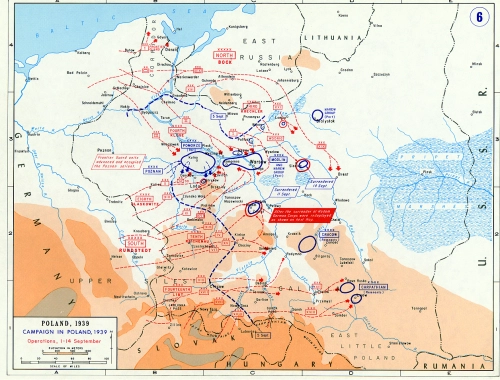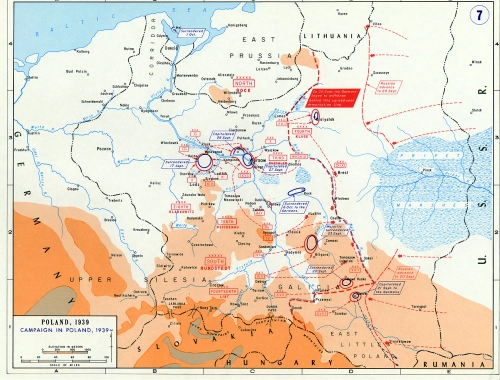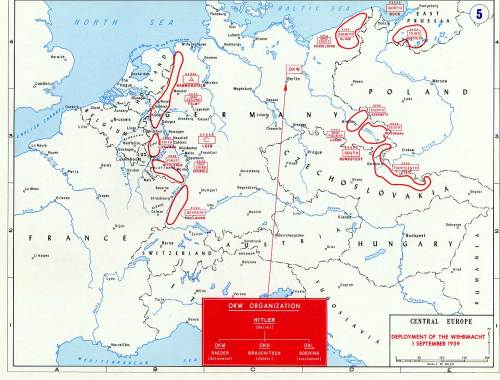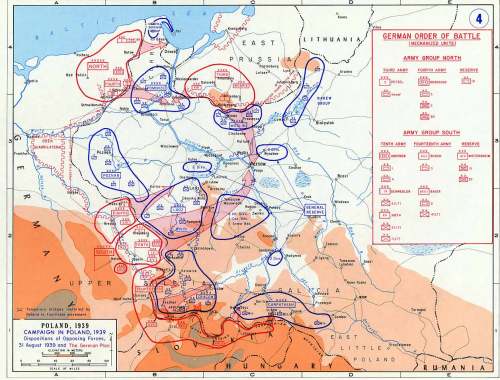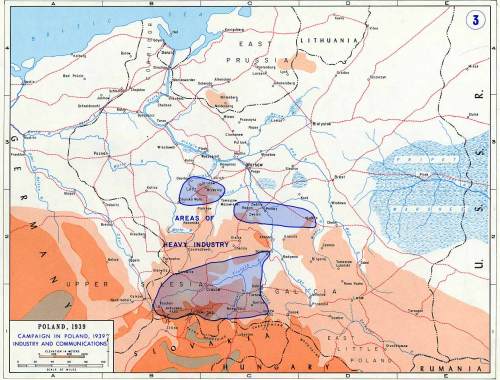German people!
Your country and mine are now at war. Your Government has bombed and invaded the free and independent State of Poland, which this country is in honour bound to defend. Because your troops were not withdrawn in response to the Note which the British Government addressed to the German Government, war has followed.
With the horrors of war we are familiar. God knows this country has done everything possible to prevent this calamity. But now that the invasion of Poland by Germany has taken place, it has become inevitable.
You are told by your Government that you are fighting because Poland rejected your Leader’s offer and resorted to force. What are the facts? The so-called “offer” was made to the Polish Ambassador in Berlin on Thursday evening, two hours before the announcement by your Government that it had been “rejected.” So far from having been rejected, there had been no time even to consider it.
Your Government had previously demanded that a Polish representative should be sent to Berlin within twenty-four hours to conclude an agreement. At that time the 16 Points subsequently put forward had not even been communicated to the Polish Government. The Polish representative was expected to arrive within a fixed time to sign an agreement which he had not even seen. This is not negotiation. This is a dictate. To such methods no self-respecting and powerful State could assent. Negotiations on a free and equal basis might well have settled the matter in dispute.
You may ask why Great Britain is concerned. We are concerned because we gave our word of honour to defend Poland against aggression. Why did we feel it necessary to pledge ourselves to defend this Eastern Power when our interests lie in the West, and when your Leader has said he has no interest to the West? The answer is-and I regret to have to say it-that nobody in this country any longer places any trust in your Leader’s word.
He gave his word that he would respect the Locarno Treaty; he broke it.
He gave his word that he neither wished nor intended to annex Austria; he broke it.
He declared that he would not incorporate the Czechs in the Reich; he did so.
He gave his word after Munich (Agreement concluded at Munich, September 29, 1938, between Germany, Great Britain, France and Italy) that he had no further territorial demands in Europe; he broke it.
He gave his word that he wanted no Polish provinces; he broke it.
He has sworn to you for years that he was the mortal enemy of Bolshevism (Treaty of Nonaggression Between Germany and the Union of Soviet Socialist Republics); he is now its ally.
Can you wonder his word is, for us, not worth the paper it is written on?
The German-Soviet Pact was a cynical volte face, designed to shatter the Peace Front against aggression. This gamble failed. The Peace Front stands firm. Your Leader is now sacrificing you, the German people, to the still more monstrous gamble of a war to extricate himself from the impossible position into which he has led himself and you.
In this war we are not fighting against you, the German people, for whom we have no bitter feeling, but against a tyrannous and forsworn regime which has betrayed not only its own people but the whole of Western civilisation and all that you and we hold dear.
May God defend the right!
Source: The British War Bluebook
See also: British Declaration Of War on Germany- Radio Broadcast – 3 Sept 1939
Proclamation by Adolf Hitler – September 1,1939
